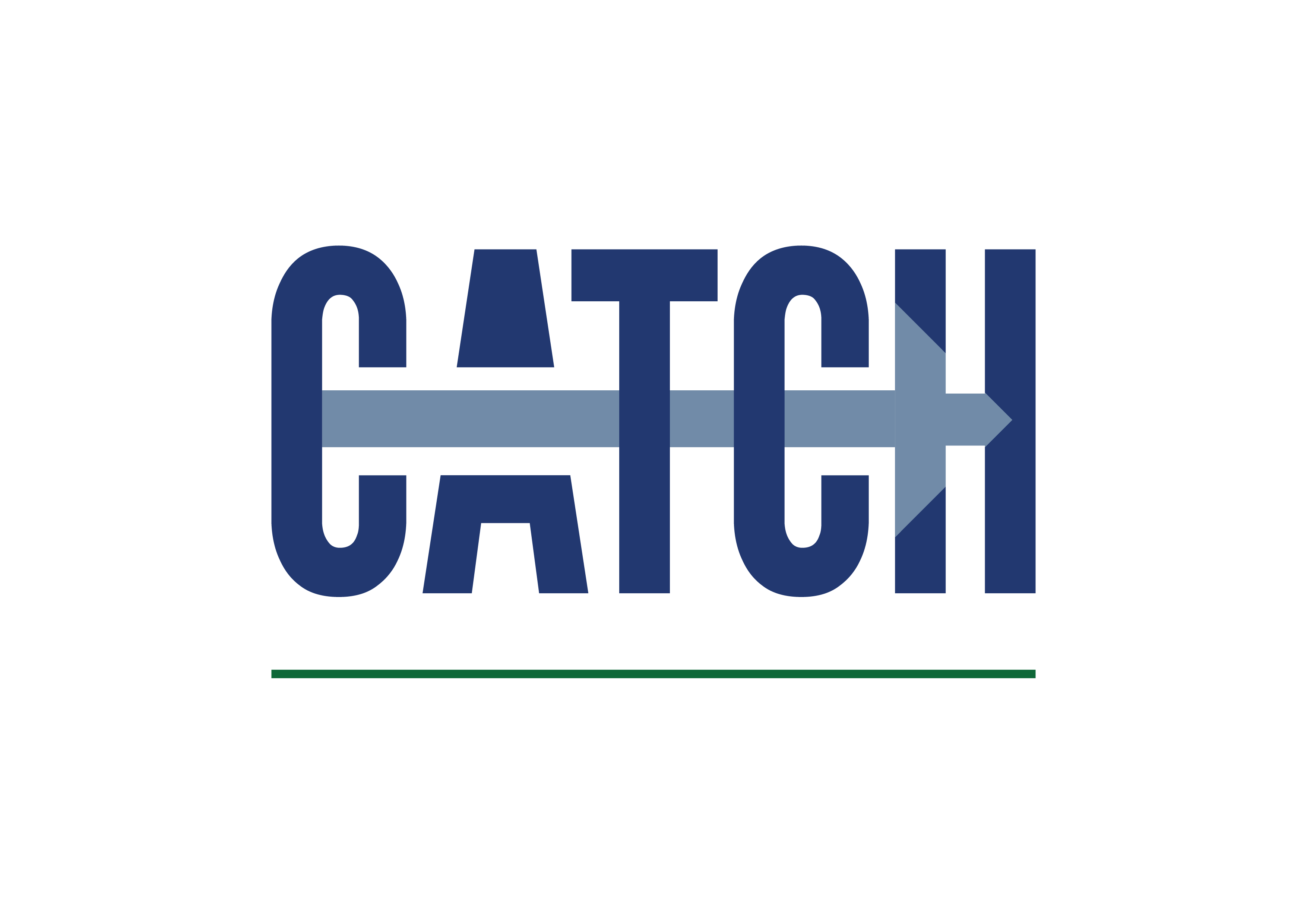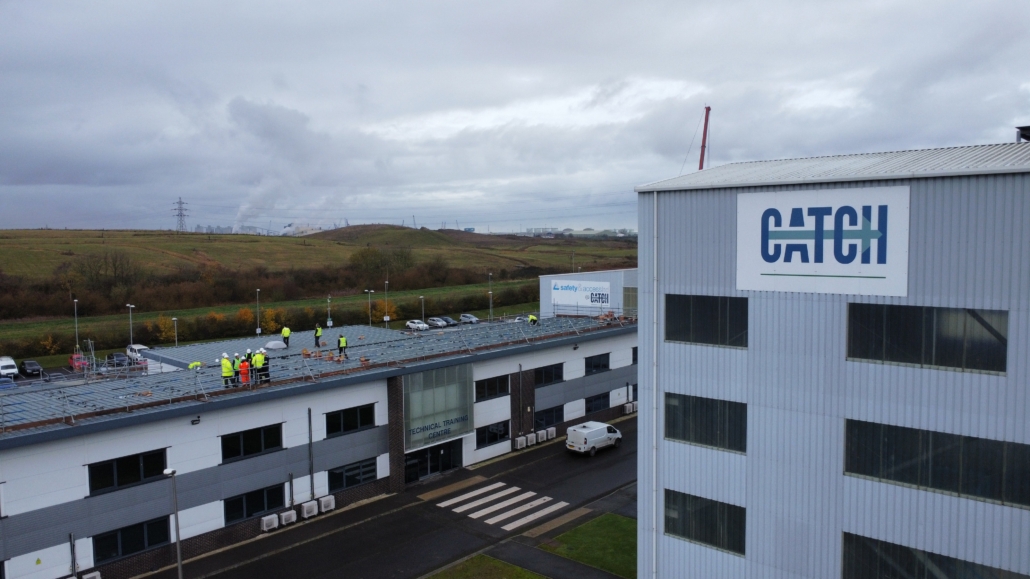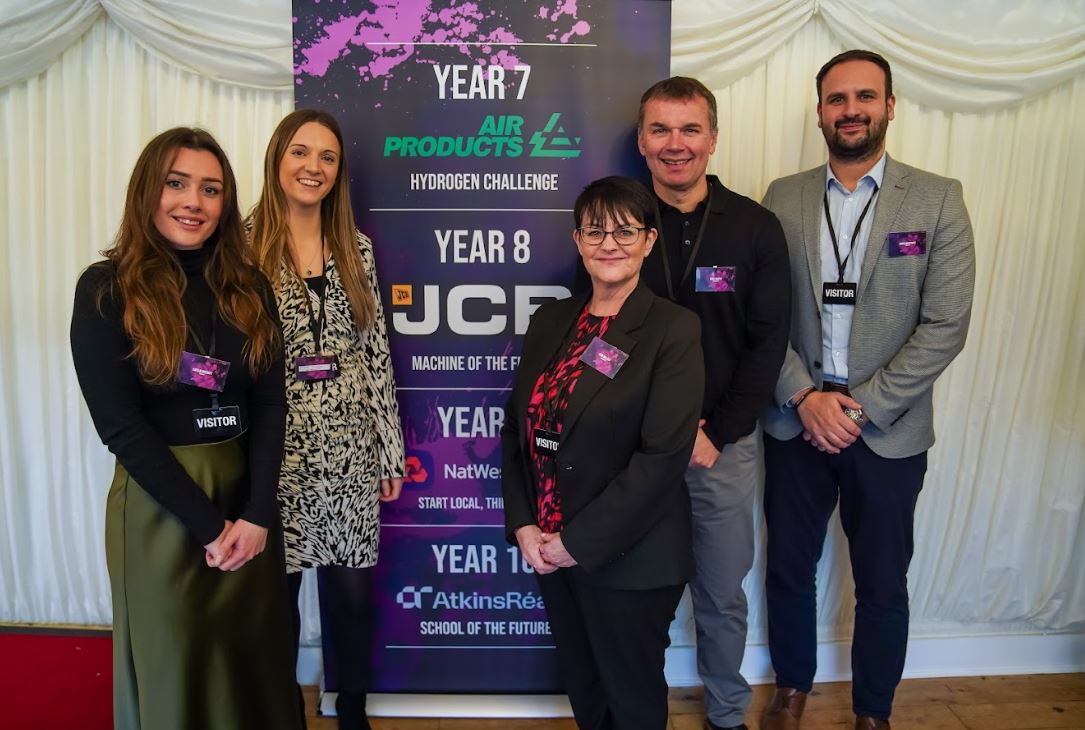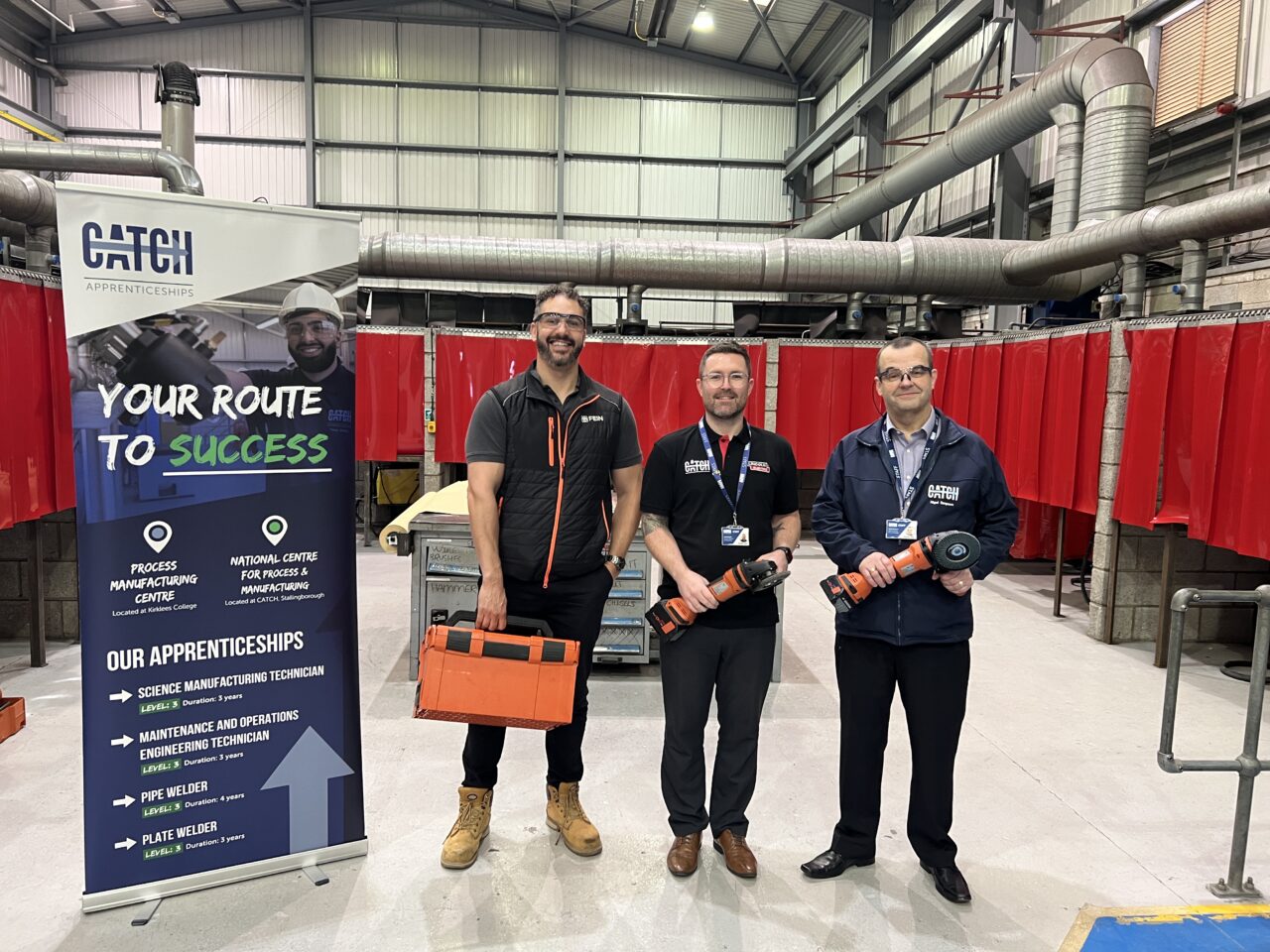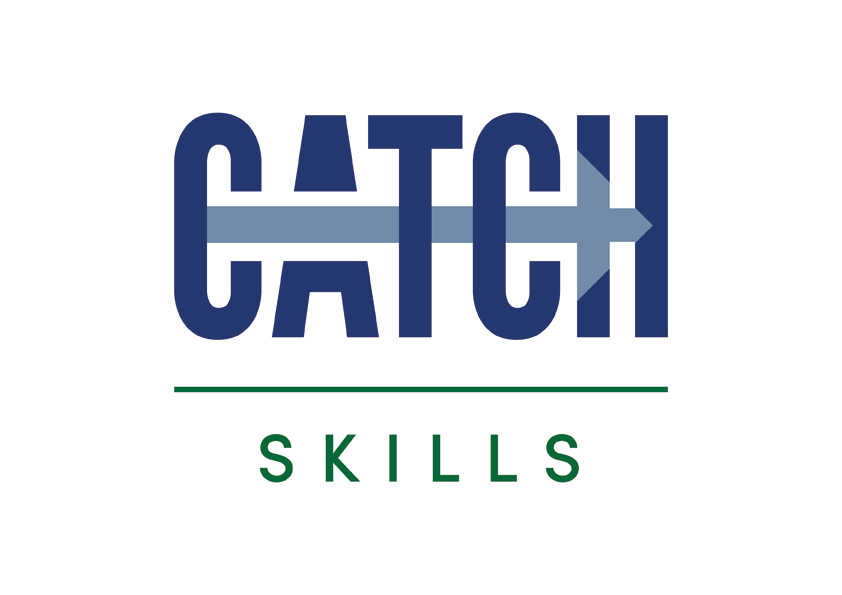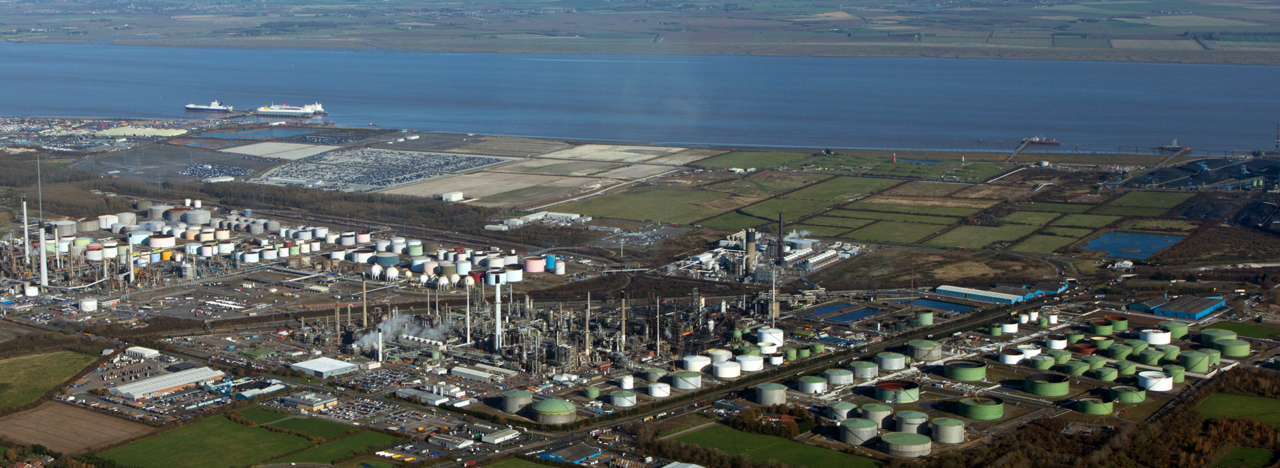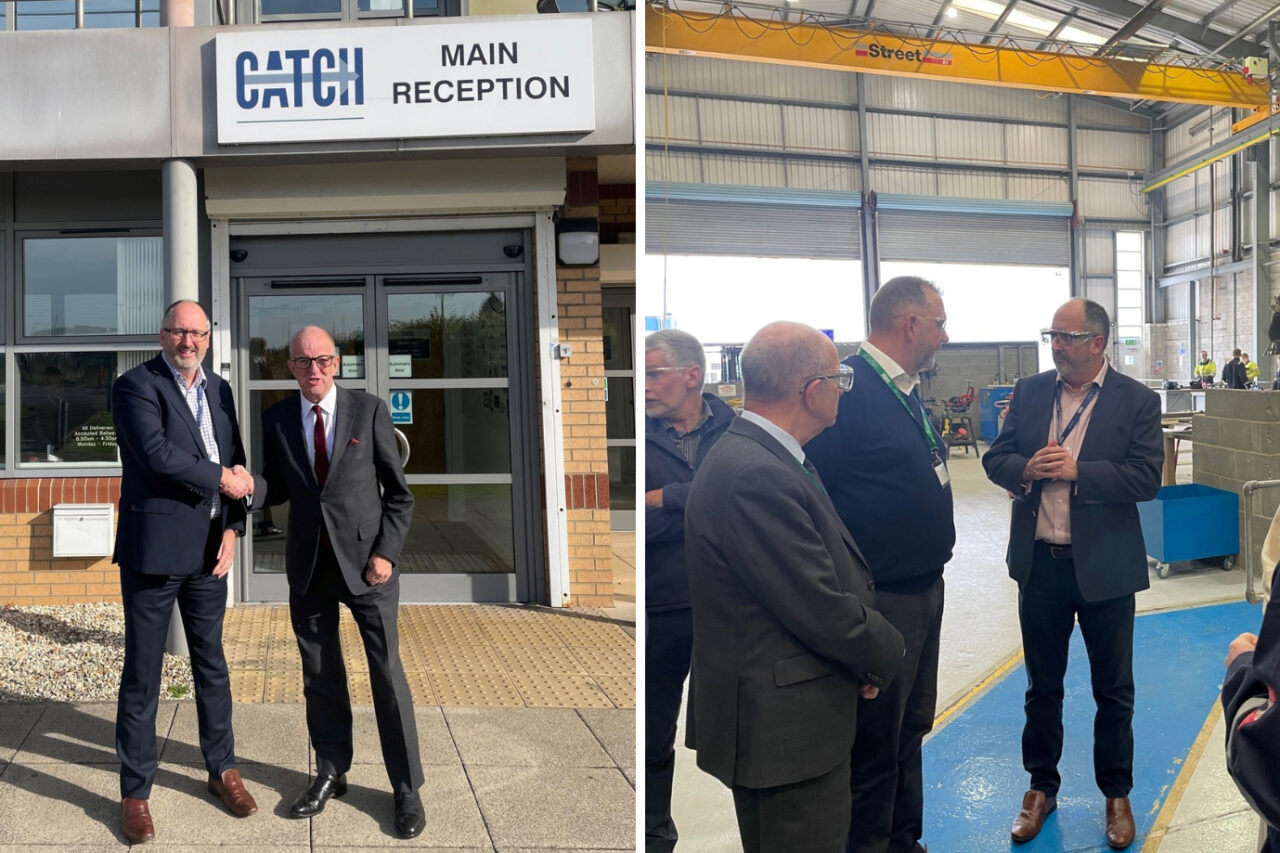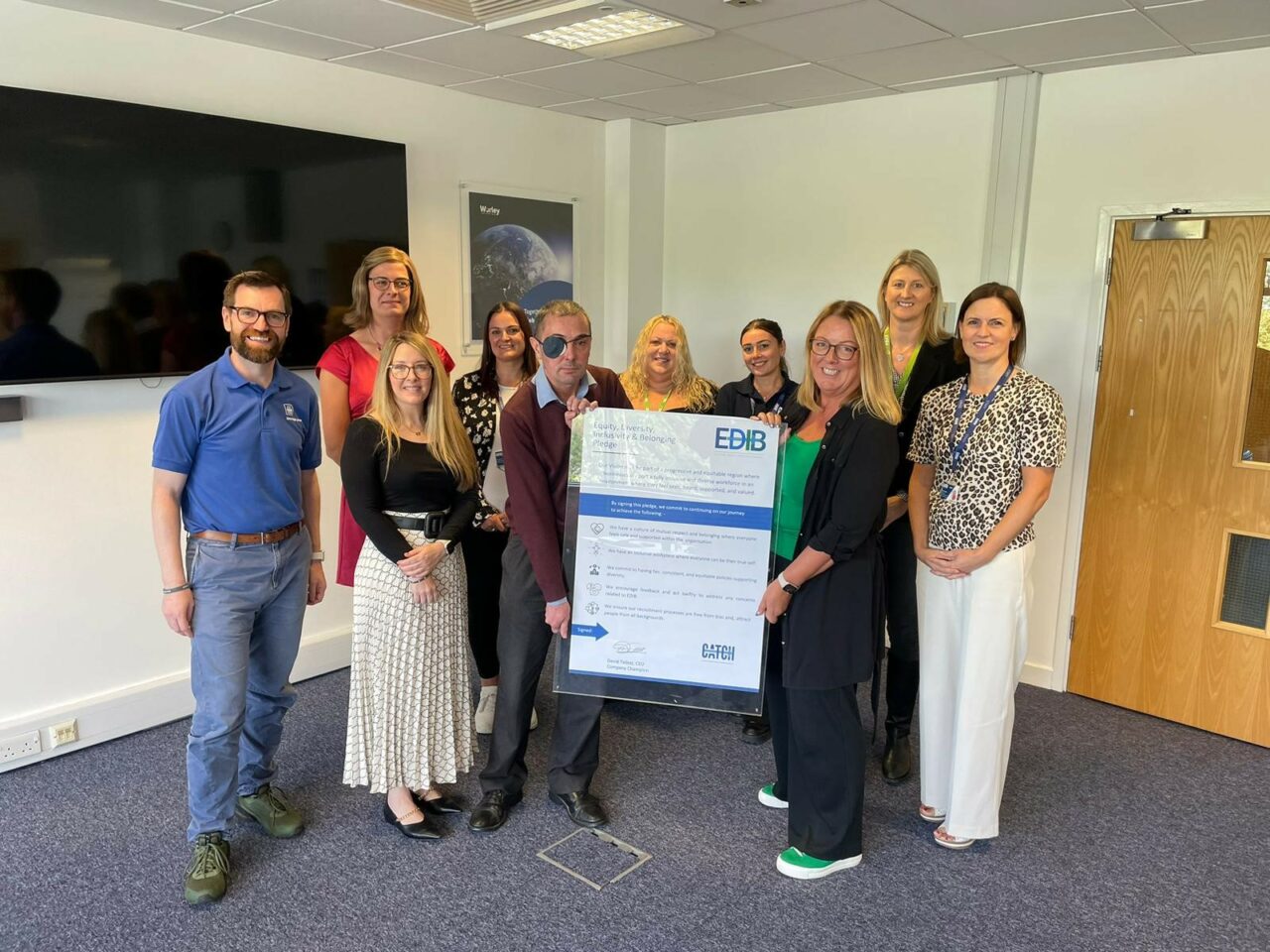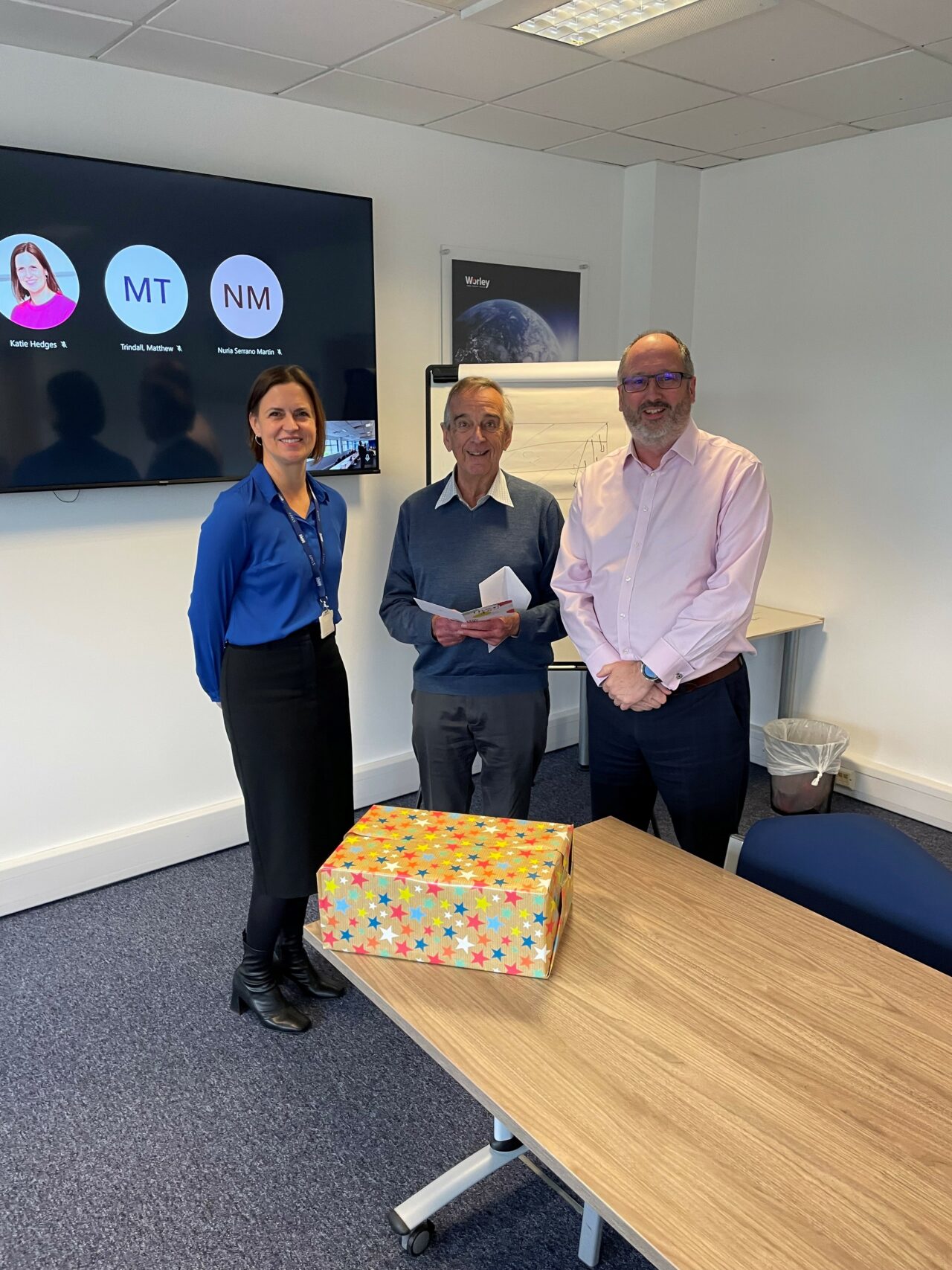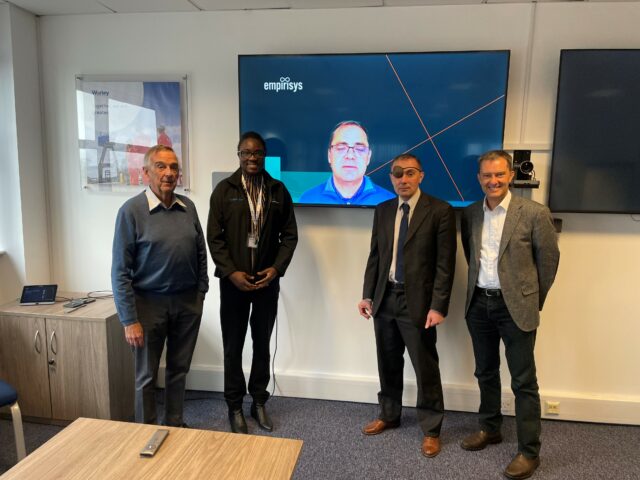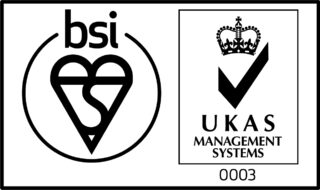In an era where sustainability is not just a choice but a necessity, innovative projects that contribute to a greener planet are more crucial than ever. One such initiative is the recent completion of a solar power project at CATCH, an endeavor that not only marks a significant step towards renewable energy adoption but also showcases the power of community and technology working hand in hand.
The project, now fully operational, harnesses solar energy to produce electricity throughout the day, with any surplus being fed back into the grid. This milestone is not just about generating clean energy but also about the integration of technology to monitor and optimise its use. Currently, the system’s performance is manually monitored, including both the energy produced and the amount exported back to the grid. However, plans are underway to digitise this process, allowing for real-time tracking through a mobile application.
The project has incorporated an educational component – not only did CATCH apprentices help GenFit with the installation, but apprentices will also engage with the system in the true CATCH style – hands-on. The data can then be made available via an Excel spreadsheet for the learners to perform an in-depth statistical analysis of the data with respect to output, daylight hours, sunshine hours, daily temperatures, and array orientation.
Vicky Dunn, Grimsby Community Energy said
“We have been raising money for the project for the past 6 months in our 4th share offer and thanks to the local people and businesses of Northern Lincolnshire investing in Grimsby Community Energy we are able to see the projection come to fruition. We instructed our procured supplier Genfit to liaise with CATCH to start work in late Autumn and it’s great to see the project finally completed, creating green, clean energy for CATCH as they continue their journey towards net zero”.
Dave Houston, Genfit commented:
“Genfit has previously worked with GCE on other ventures and was appointed as principal contractor for their new project at CATCH. Genfit was chosen to design, supply, install, and commission the 309kWp PV array. The PV system itself has been spread over three CATCH buildings, designed to provide the optimum benefits to CATCH.
The equipment we used for the installation consisted of.
– 582 x 530W Longi monocrystalline solar modules
– SolarEdge inverters with power optimisers offering module level monitoring and advanced safety features during installation, maintenance, and fire safety.
– S:Flex roof mounting systems
– Owen Brothers metering
– Schneider, Eaton & Switchtech switchgear
Genfit works extensively with several community energy groups, delivering renewable energy through community-led projects. We support the opportunities these groups create to generate income for the community. As a company, Genfit is currently working towards their BCorp certification, where we prioritise people, planet then profit. Examples of this during the CATCH installation included.
– At CATCH we facilitated electrical apprentices to get hands on experience of installing PV equipment
– The system will save 50 tonnes of CO2 annually, equiv. to planting 2,305 trees”
